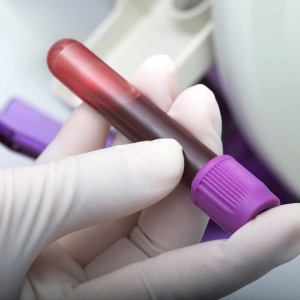
For some women, fertility struggles can be frustrating and emotionally draining, especially when research and doctors cannot provide answers. Now, researchers have found that bone marrow might be the key element in solving fertility issues in women, as seen in a study with mice.
The study, which was conducted by researchers from Yale, was published in PLOS Biology. It was found that when an egg is fertilised, stem cells from the bone marrow travel through the bloodstream to a woman's uterus.
A paradigm shift
The stem cells are responsible for creating an important change in the uterine lining, which is required for the embryo to implant. If the embryo cannot implant, the body terminates the pregnancy.
Dr Hugh Taylor, senior author and the Anita O'Keeffe Young Professor of Obstetrics, Gynaecology and Reproductive Sciences at Yale said, "We have always known that two kind of things were necessary for pregnancy. You must have ovaries to make eggs, and you must have a uterus to receive the embryo. But knowing that bone marrow has a significant role is paradigm shift."
Dr Reshef Tal, first author of the study and assistant professor of obstetrics, gynaecology and reproductive sciences at Yale said, "Some of these bone marrow-derived mesenchymal stem cells travel to the uterus and become decidual cells, which are cells that are essential for the process of implantation and pregnancy maintenance."
Previously, research has shown that, in small numbers, bone marrow-derived stem cells contribute to the non-pregnant uterus but it was not clear how stem cells affected the pregnant uterus. The study was made possible by methods that Taylor and Tal developed a few years ago.
More research is needed
"We used an anti-metabolite drug, which is still considered a chemotherapy, but it does not harm the ovary, and therefore the mice are still able to get pregnant, allowing us to track the transported bone marrow cells and investigate their role in reproduction," said Tal.
"We are currently translating these findings into humans to better understand the role that these bone marrow-derived stem cells play in recurrent implantation failure and recurrent pregnancy loss, two conditions that are unexplained in the majority of women and have no effective treatment."
Although more research is needed before they can begin with clinical trials, Tal and Taylor believe that the findings from this study will bring hope for patients undergoing treatment for infertility.
Image credit: iStock




 Publications
Publications
 Partners
Partners










